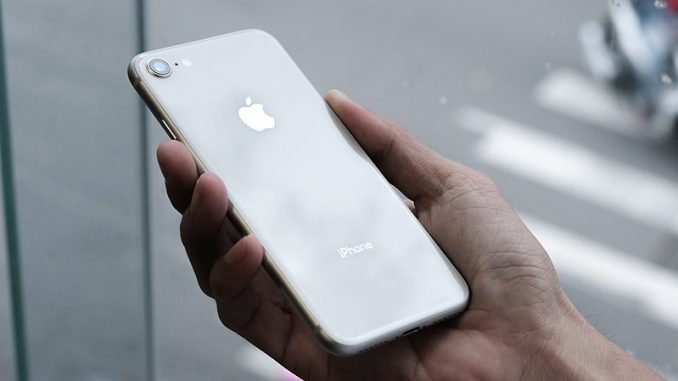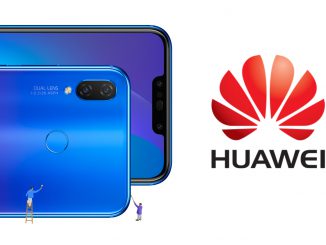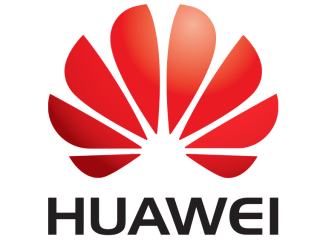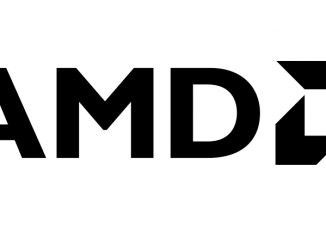
Apple’s first 5G smartphone might not come before next year.
Artículo disponible en Español | Article disponible en Français
It would seem Apple won’t be launching a 5G smartphone this year, contrary to most Android competitors, with some of which having already either announced or released one.
Contrary to other smartphone manufacturers, Apple announces and releases their devices on a yearly basis, with each year’s iPhone announced in September and released in September/October. Currently, Apple’s main supplier for 4G modems is Intel, with the well-known chipmaker being the sole supplier for the latest models. Before Intel, Apple relied on Qualcomm’s modems, although, since the beginning of their legal fight, both companies have stopped working with each other, making it very unlikely to see 5G Qualcomm modems in future iPhones. Meanwhile, Intel’s 5G modems should have initially been ready for 2019, but due to a series of delays in the design and manufacturing, this has been pushed back to early 2020. This means that, with some luck, Apple’s 2020 iPhones could feature Intel’s 5G modems, unless the chipmaker faces other eventual delays, potentially pushing this date to 2021.
Other possibilities exist, such as MediaTek and Samsung, although Apple would seem uninterested in MediaTek. Samsung might be an option, although the company might be unable to fulfil the order in time.
This puts Apple in a tough position, as not having a 5G smartphone at the same time as most other competitors could cost them sales and market share, although, seeing how 5G is still not widely available, this might not matter. On top of this, and according to various reports, Apple is currently working on their own modems for future devices, eventually not relying on external companies for this component.
For Europeans, not having a 5G smartphone on the market before 2020 would not be a major issue, seeing not a single European country has a working 5G network, with just tests being made in most capitals by a series of suppliers such as Huawei, Samsung and Nokia. On top of not being ready, most authorities have yet to start auctioning 5G spectrum, further slowing down the deployment of 5G network. If we look at Belgium, in Brussels, authorities are still debating whether to allow the deployment of 5G antennas or not, with the possibility of other Belgian cities getting 5G before the capital.
More on this subject:


